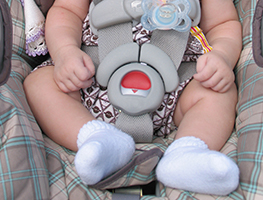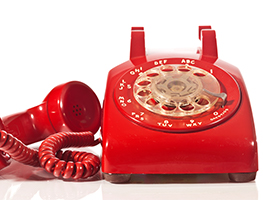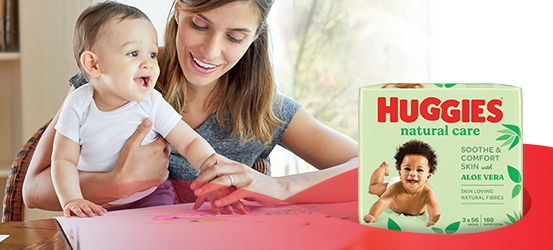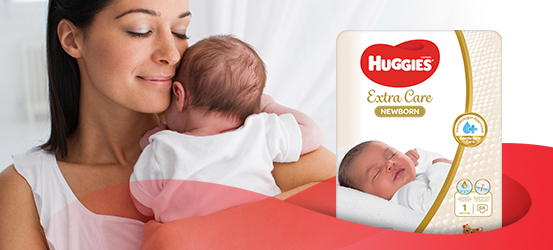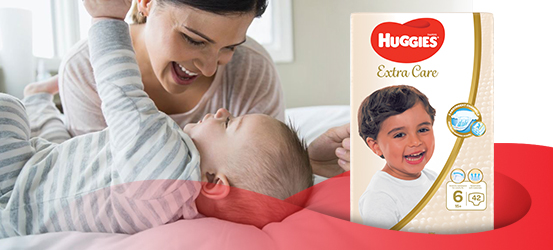A good idea can be worth big money, and many people can't resist a slice of that pie. Or even just a taste of it. You only have to watch The Social Network or catch the news most nights to know that hugely expensive battles are fought over the ownership and revenue of massively popular ideas. The fallout can shatter friendships and important family relationships, and even undermine the success of your business.
Coming up with an idea – whether it's a recipe, a software programme or a new kind of rocket fuel – does not mean you legally own that idea. You must take steps to protect your idea and get the legal rights of ownership.
Protecting your idea: Intellectual property
In the business and legal worlds, ideas are called 'intellectual property'. Intellectual property (IP) represents the property of your mind or intellect.
Intellectual property can be:
An invention
A trademark
An original design
It can also be the practical application of a good idea. In business terms, this means your proprietary knowledge, which is a key component of success.
Intellectual property can be the all-important edge that sets your small business apart and drives its success. With markets becoming increasingly crowded and competitive, it's essential to guard this precious asset like it's one of the crown jewels!
Can I patent my idea?
Here's how to protect your intellectual property
Number 1: Don't talk about it
Not even to close friends and family. The closer they are to the idea, the greater the potential for trouble! Also, it takes just one friend to tell another friend and next thing you know that person's wily uncle is out in the back shed knocking up a prototype. What's more - demonstrating, showing or talking about your idea in public (and that includes the Internet) could prevent you from getting legal right of ownership.
You can talk to employees, business partners or advisers about your idea but only on a confidential basis. Get written confidentiality agreements signed by these people, and non-disclosure agreements with suppliers and manufacturers. You could ask a solicitor specialising in this area to prepare these documents.
To be even safer, you could use a variety of suppliers, ones that aren't connected to each other and so therefore unlikely to discuss your idea.
Number 2: Make your ownership rights official and legal
The patent law prevents others from making, using, exercising, or disposing of the invention in question. In terms of the South African Patents Act there is nothing to prevent an individual from registering their own provisional patent application, however, it is advisable to have a patent attorney attend to this matter in view of the legal aspects of the application. The Patent Office cannot accept any responsibility for the loss of rights arising if the invention becomes public and is copied and the provisional specifications have not been properly drafted.
Types of Intellectual Property (IP) rights
1. Patents for new or improved products or processes. A patent is an ownership right granted to any device, substance, method or process that is new, useful and inventive. It's legally enforceable and gives you the right to commercially exploit the invention. You can't patent:
Artistic creations
Mathematical models
Schemes
Purely mental processes and medical procedures
2. Trademarks for letters, words, phrases, sounds, smells, shapes, logos, pictures, aspects of packaging or a combination of these, to distinguish the goods and services of one trader from those of another. A distinctive trademark to identify your business and products or service can be your most valuable marketing tool. Make sure you register yours! You may have more than one, i. e. a logo, plus a slogan, plus a diagram, plus a product trademark.
3. Designs for the shape or appearance of manufactured goods. Registration of a design gives you legal protection for the visual appearance of the product but not the feel of the product, what it is made from or how it works. It must be new and distinctive.
4. Copyright protects the original expression of ideas, not the ideas themselves. Unlike patents, trademarks or registered designs, copyright vests in the author of a work once the work is created in a material form.
The following works, if original, are eligible for copyright protection:
- Literary works (e. g. novels, poems, textbooks, letters, reports, lectures, speeches).
- Musical works
- Artistic works (e. g. paintings, sculptures, drawings, photographs).
- Cinematograph films
- Sound recordings
- Broadcasts (electromagnetic transmissions intended for reception by the public)
- Programme-carrying signals (a programme signal which passes through a satellite)
- Published editions of books (usually the first print of a literary or musical work)
- Computer programmes (instructions directing the operation of a computer)
Copyright laws are complicated – so rather speak to an attorney specialising in it if you have queries.
The author is usually regarded as the first owner of the work. However, there are exceptions to this. These include:
- Literary or artistic works made by an author when employed by a newspaper, magazine or the like. In this case, authorship vests in the publisher. However, authorship vests in the author for the unused sections.
- If someone commissions and pays for the taking of a photograph, painting or drawing of a portrait.
- If someone commissions and pays for the making of a film or sound recording.
- If the work was created in the course of an author's employment, the authorship vests in the employer.
5. Plant Breeder's rights for new plant varieties. Find out more about plant breeder's rights.
6. Confidentiality/trade secretsincluding know-how and other confidential or proprietary information.
Different IP rights provide different kinds of protection. Often, more than one type may be necessary to fully protect your creation. Also note that International protection is applied for separately.
Prototypes can help support your claim to ownership of your big idea. Check out our article on for more information.
The advantages of protecting your invention by means of a patent
Someone else may come up with your idea independently and may beat you to the market. However, if you filed an earlier patent application, which eventually proceeds to a granted patent, you may stop your competitors from exploiting your invention – your date is the earliest and thus the patent rights accrue to you.
Even if a competitor starts exploiting an invention, which is covered by your patent, between the date of filing your South African provisional patent application and the date that a patent is eventually granted, you may be able to take action against such competitors once the patent is granted. This means that you do not lose any patent rights in the 12-month period, provided you claim priority from your earlier (provisional) patent application when filing a complete patent application.
Also, a patented invention can be used as a business tool to generate income by means of licensing of your invention, or by selling the patent rights in your invention.







